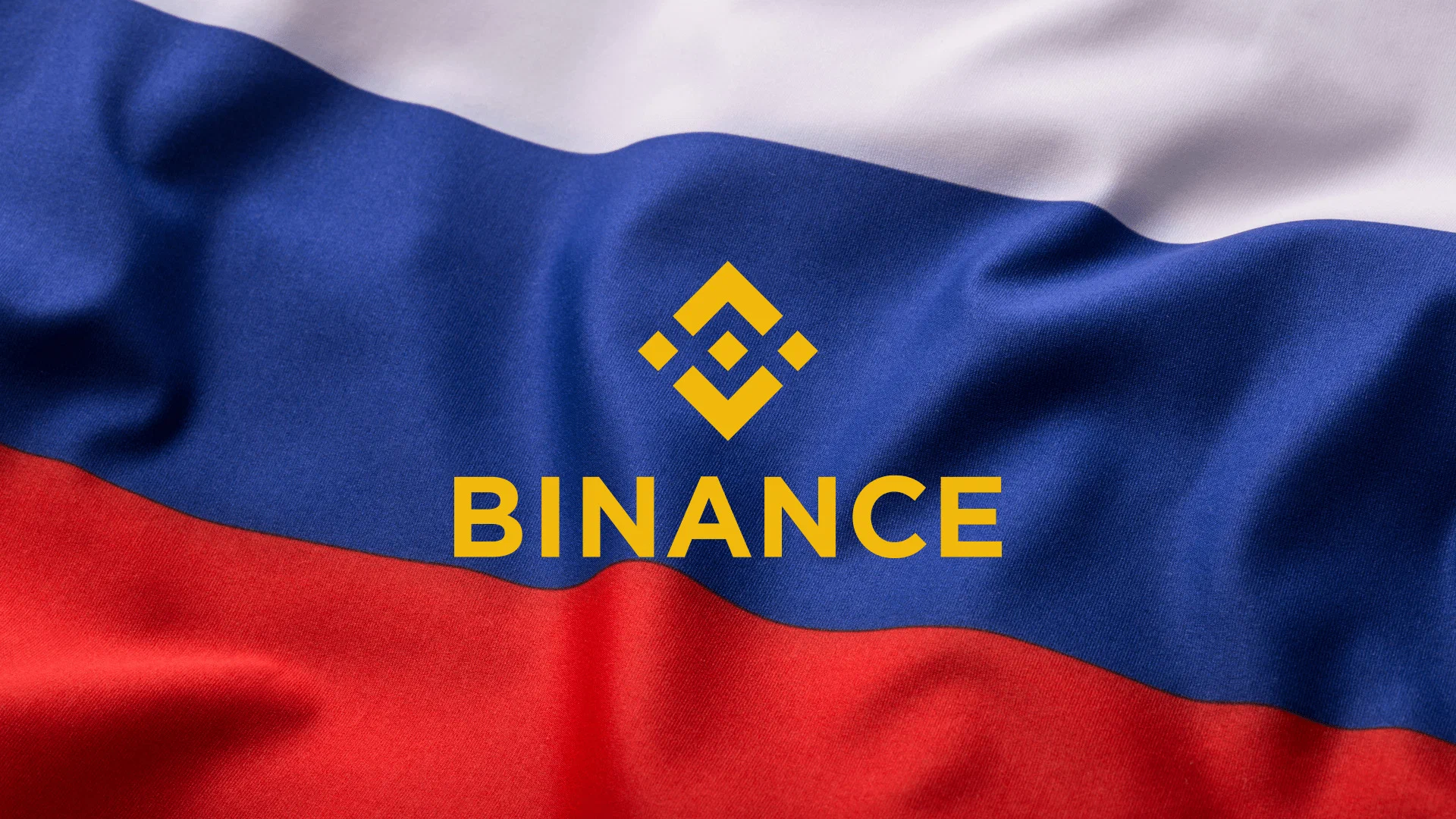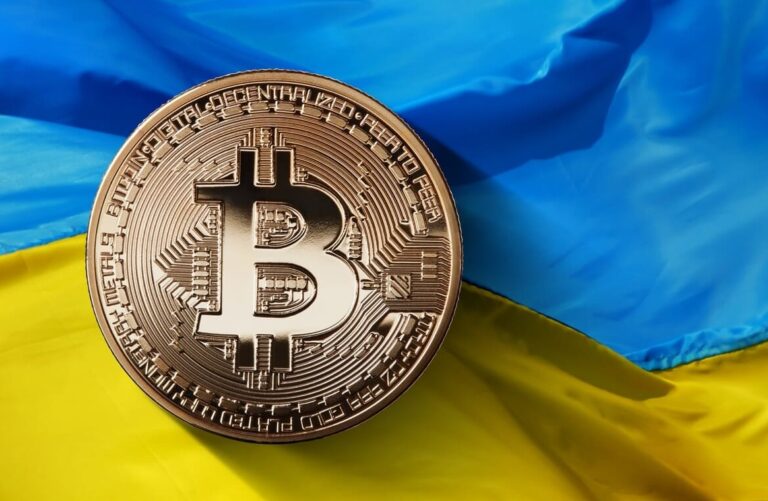Ukraine boldly embraces cryptocurrency adoption by drafting laws establishing Bitcoin as a strategic reserve asset. Said to be sponsored by Binance, one of the biggest cryptocurrency exchanges in the world, the action highlights Ukraine’s forward-looking strategy in using blockchain technology for resilience and economic autonomy. Based on this legislative proposal, Ukraine could be among a rising number of countries considering digital assets in their sovereign financial system.
Review of the strategic Bitcoin reserve bill is still in progress. Still, should it pass, it would indicate a significant change in Ukraine’s monetary policy, bringing the nation closer to crypto-friendly nations like El Salvador and the United Arab Emirates. Ukraine views decentralized financial tools like Bitcoin as essential to creating a safer and more autonomous financial system, while the Russo-Ukrainian War continues to disrupt established economic paths.
Why Does Bitcoin Make Strategic Sense for Ukraine?
Often called “digital gold,” Bitcoin has shown utility as a hedge against inflation, especially in nations experiencing economic turmoil or devaluation. Bitcoin offers Ukraine, a country suffering protracted conflict, sanctions, and inflationary pressures on its currency (the hryvnia), a borderless, liquid reserve asset free from geopolitical interference.
Sovereign Bitcoin reserves aren’t a novel concept. Nations, including the Central African Republic and El Salvador, have already moved to include Bitcoin in their respective systems. However, Ukraine’s possible action is more subtle and calculated, portraying the nation as a Bitcoin-friendly state and a leader in crypto-backed national resilience. This turnabout might make Ukraine an interesting case study in the changing terrain of digital money systems.
Binance’s Support of Ukraine’s Crypto Infrastructure
Binance has substantially enhanced Ukraine’s digital asset ecosystem. Since the start of the war, Binance has worked closely with the Ukrainian Ministry of Digital Transformation and provided humanitarian relief. The crypto exchange has simplified legal systems through innovative alliances and technical knowledge.

Given the new Bitcoin reserve bill, Binance’s help most likely comes from infrastructure rather than advice. The exchange might help create blockchain-based transparency systems for public confidence and safe custody solutions for national crypto holdings. With Ukraine perhaps serving as a showcase project, Binance CEO Richard Teng, who replaced Changpeng Zhao, has underlined the company’s aim of assisting national-level crypto adoption worldwide.
Regulatory Landscape: Crypto Position of Ukraine
From early 2021, Ukraine has been aggressively developing a pro-crypto legislative framework. Passed in 2022, the Virtual Assets Law created the foundation for legalising and controlling cryptocurrencies. Formally acknowledging digital assets and outlining how they could be used, taxed, and safeguarded under Ukrainian law, the law, though not yet fully embraced, demonstrated the government’s openness to crypto innovation.
Aiming to establish a shared digital asset standard across Europe, Ukraine’s cooperation with the European Union has pushed for harmonisation with the Markets in Crypto-Assets Micaa) Regulation in line with this law. Including Bitcoin into national reserves would expand on this legal basis and fundamentally change Ukraine’s digital financial approach.
Worldwide Effects of a Bitcoin Reserve for Ukraine
Moving to create Bitcoin reserves has worldwide ramifications. Should Ukraine effectively carry out this plan, it might provide a model for other developing nations dealing with comparable issues with foreign economic pressures, limited access to conventional financial markets, and unstable currencies.
Globally, crypto companies and institutional investors will be closely observing. A sovereign state embracing Bitcoin not only for legal purposes but also as a strategic national reserve gives the story that digital currencies are developing into sensible, long-term repositories of value legitimacy. This could inspire more institutional curiosity and change the perceptions of Bitcoin and related cryptocurrencies in other administrations.
Moreover, this evolution could affect global help systems. Cryptocurrencies enable quicker, borderless, more transparent relief distribution for areas devastated by conflict. In this sense, Ukraine’s use of blockchain reflects a larger ambition to modernize public infrastructure and reduce corruption through openness and decentralization.
Bitcoin Reserve Risks
Ukraine’s Bitcoin reserve strategy carries some hazards, notwithstanding its potential. Any entity thinking about Bitcoin as a treasury asset still worries about its volatility. Usually based on steady and predictable reserves like gold or foreign currencies, governments depend on Bitcoin, which has yet to be reproduced entirely.
Another crucial consideration is security. Large sums of Bitcoin kept at the state level would require strict custody solutions, regulatory control, and continuous technological upgrades to prevent loss or hacking. Although Binance’s cooperation can help alleviate these worries, Ukraine’s national institutions bear the final responsibility.
Including Bitcoin into the national reserve plan could also draw attention from foreign financial authorities, particularly if it seems to evade conventional monetary systems. Ukraine will have to balance innovation with regulatory compliance, especially if it wants to keep ga good status with organisations like the World Bank and the IMF.

